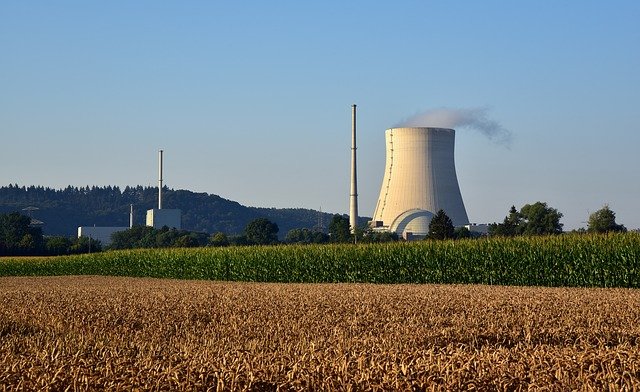Canada Pushing Nuclear Energy Development to Lower Carbon Emissions
March 3, 2021

Nuclear Energy development has been very limited in the world’s most developed nations, favoring investments for Solar and Wind. A big reason for this is the public’s overall negative perception of nuclear energy, which is the cleanest form of energy available. Nuclear technology has seen various advancements in construction, operation, and safety measures of facilities and today forms an important part of the energy mix in developed nations. The construction of nuclear plants is a direct way to combat carbon emissions which are growing by the day.
In Canada, per-capita carbon emissions are following that of the U.S, and are greater than Russia, China, and India. They are ranked 6th among countries with nuclear power, which provides 15% of the nation’s energy supply. This past year the Canadian federal government set a roadmap for the construction of Small Modular Reactors (SMRs) which are smaller scale nuclear reactors that can be transported and easily moved to provide energy needs for different locations.
These are more reliable, efficient, and cost competitive than traditional fossil fuels. SMRs could be used to retire the aging fossil fuel infrastructure, and advance electrification efforts. However, opponents argue the design for these has not been tested previously and is far from becoming a reality.
A company called Terrestrial Energy Inc is developing a 300MW SMR and was awarded a $16M grant by the Canadian federal government to fund further research and is expecting the first reactor to come online by the end of the decade. In the U.S last year, the Department of Energy awarded $210M to 10 SMR projects in the U.S. The CEO of Terrestrial Energy has said the next step in embracing nuclear is for governments to make more financing available as private investment in SMRs is very limited. Through proper allocation of capital, nuclear energy can be one of the greatest tools in combating emissions and climate change.
